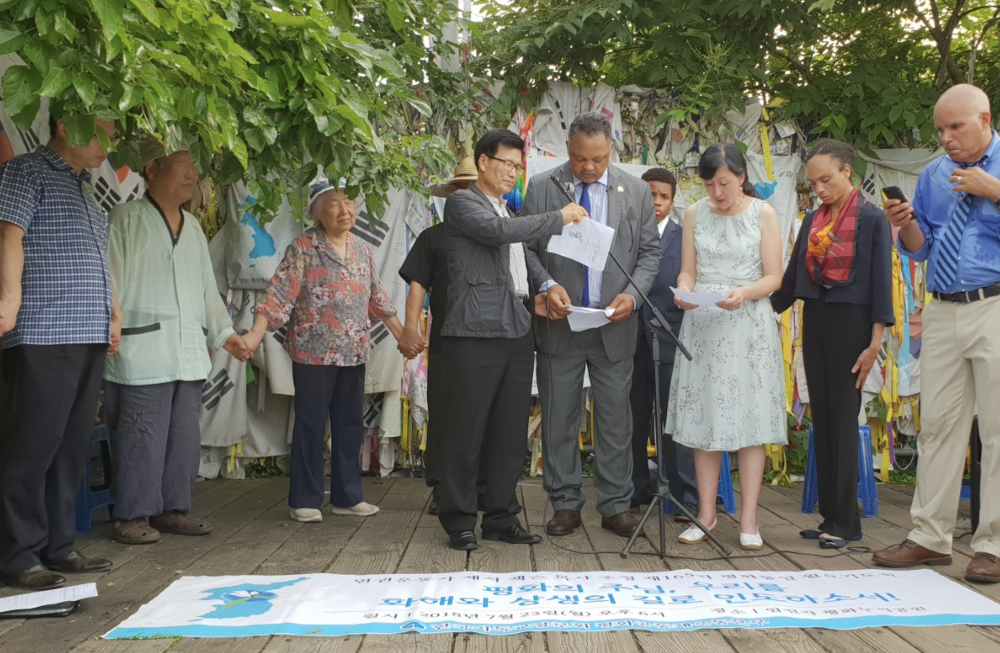This Sunday, pray for the reunification of Korea
National Liberation Day of Korea spurs us to celebrate the past and work for a united future.

North Korea and South Korea share only one holiday: National Liberation Day of Korea, celebrated on August 15. It marks the day in 1945 when Japan declared unconditional surrender and Korea regained independence after 36 years of occupation. The Korean name for the day, Gwangbokjeol (to “regain the light”), suggests bright hope emerging from the ashes of colonialism. Its celebration by both North and South evokes shared pain and victory, illustrating how a common hope for freedom can come even from a divided nation.
The division, which was orchestrated by the United States and the Soviet Union, was concretized by the Korean War. By the time an armistice was signed, nearly five million people had died—half of whom were civilians. Because the war ended in a temporary ceasefire, the US still maintains 28,500 troops in South Korea. Nuclear missiles ring the region, remaining an eminent reminder of destruction to the people living there.
Since 1953, Korea has been separated by the Demilitarized Zone established by the armistice. Thousands of families have been kept apart for generations by this division. We believe our Christian calling includes working for reconciliation and the eventual reunification of the Korean Peninsula.




